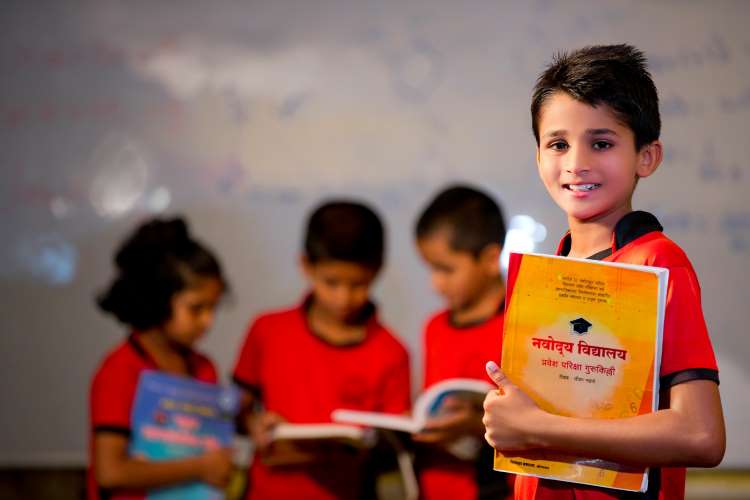By Neha Shah
Towards 100% financial literacy: When I was growing up, my parents would never discuss financial matters in front of me. They would try to do their best to not get me involved in such discussions because they wanted me to not worry about money. Like several of us, I grew up with the notion that too much money is bad. Money can’t buy happiness, and if someone has a lot of money, they are likely corrupt people who have built their wealth doing bad things.
There was a huge negative perception about money and discussing the same.
In school, I remember learning about relatively complex constructs such as the Pythagoras Theorem, Ohms Law, Newton’s laws of motion, etc. I would pride myself on having the ability to solve difficult math or science problems in these areas. Fast forward 20 years to today. I am in my 40s. And as I reflect back, I realize that I have not used most, if not all, of these constructs that I had studied in school. There is an issue with our education system – the system is not teaching us valuable life skills. It isn’t outcome-focused.
READ I Technology and business growth: Seven guidelines for small and medium enterprises
Financial literacy as a life skill
While I learned a lot of things in school, the one thing I did not have is financial literacy. What does financial literacy mean? Financial literacy is the ability to understand and use various financial skills, including personal financial management, budgeting, and investing. Because of my lack of financial management abilities, I did not know how to budget, save and/or invest up until I was in my 30s, because of which I was always short on cash.
I quickly realised that I was not the only one in this boat. Most of the world is. A recent survey by S&P Global showed that financial literacy rates across most of the world are under 50%. More than 63% of us live pay check to pay check, with no savings to cover emergency expenses. Around 41% of adults wish they were more financially literate and could teach their kids the same.
Another study showed that financial illiteracy is a multi-generational issue – if parents don’t know how to manage money, they can’t teach their kids. Schools don’t teach financial literacy. Thus, kids have no way of becoming financially literate and thus can’t break out of the multi-generational debt trap.
I strongly believe that financial literacy should be taught in schools. It should be a core subject much like maths, science and social studies. We started Ayucoin for this purpose. Ayucoin leverages blockchain technology to deliver on its mission of making every child financially literate. So, when they grow up, they have a better idea of how to manage their money and thus lead financially responsible lives.
Ayucoin intends to make financial literacy available through an online platform as well as work with schools and the education department to drive the adoption of financial literacy as a core subject, starting as early as grade 1.
In addition to what may be taught in schools, I believe there are a few things that parents can do to make their kids financially savvy. Some ideas:
- Discuss purchases or investments with your kids. Walk them through the details and actively seek their feedback.
- Play games that include money. E.g., monopoly. As you come across critical concepts during the game, take the time to explain to them
- Give them pocket money and let them manage it on their own the first few times. After that, guide them on how to manage money better.
Financial literacy will help individuals make informed decisions with their resources and navigate the financial system. Imparting financial literacy is an ambitious goal. Start-ups like Ayucoin have a big role to play in this. They can complement state-run programmes and bring technology into play for achieving this important goal.
(First Person is a storytelling forum for start-up founders. Neha Shah is an educator and founder of ayucoin.com.)

